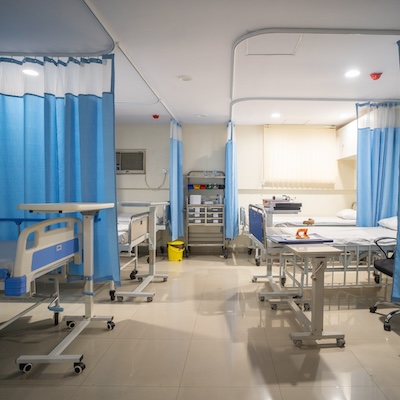GOOD NEWS IS IN THE AIR:
While some couples are fortunate enough to conceive on their own, others have to wait a little longer. In fact, the percentage of infertility is on the rise due to medical reasons as well as lifestyle.
Having trouble in conceiving can come as a rude shock to most couples who believe that pregnancy will follow immediately after discontinuation of various methods of birth control. This physical condition and the subsequent mental trauma can be handled with a variety of treatment options, which have very high success rates. Each of the Assisted Reproductive Technologies (ART) has different parameters and different conditions. Some of these ART include IVF (In-Vitro Fertilisation), Intra-Cytoplasmic Sperm Injection (ICSI) & Testicular Sperm Aspiration (TESA), Testicular Sperm Extraction (TESE) and third-party reproduction techniques.
Process
7 stages of IVF/ICSI
- Stage 1: Diagnosis and Counselling
- Stage 2: Ovarian Stimulation & Monitoring
- Stage 3: Egg (Oocyte) Retrieval
- Stage 4: Fertilisation
- Stage 5: Vitrification / Freezing
- Stage 6: Embryo Transfer
- Stage 7: Luteal Phase
Facilities
Originally developed for women with blocked or missing tubes IVF is used today as an answer to unexplained infertility and the following conditions.
- Tubal Block (B/L)
- Post Ligation
- Very Low AMH
- Moderate sperm factors
- POF (Premature Ovarian Failure)
- Vaginismus (Vaginal pain during intercourse)
- Cervical Conditions
- Ovulation Problems
- Endometriosis
- Polycystic Ovarian Syndrome
- Adhered ovaries following PID/Endometriosis
ICSI is offered to couples with poor or no fertilisation during the standard IVF procedure but is a standard in overcoming male infertility. Apart from offering an alternative to donor sperm, ICSI provides a conclusive outcome to the following:
- TESA / PESA/ TESE samples
- Low sperm count
- Poor sperm morphology and/ or motility
- An obstruction like vasectomy
- Anti-sperm antibodies
FAQ
- IVF can occur from our own sperm and our own egg and it does not mean that gametes used are from somebody else.
- IVF is not a painful process and no hospitalisation stay required in any phase of IVF Cycle.
- IVF causes no harm to the body. Nowadays, even cancer patients are having IVF.
Top Specialists in Kolkata

Dr. Kausiki Ray Sarkar



Dr. Mayoukh Chakraborty



